Review: Lo (or Dear Mr. Wells)
Lo (or Dear Mr. Wells)
Nightwood Theatre
Written by Rose Napoli. Directed by Andrea Donaldson. At Streetcar Crowsnest. Runs until November 11.
Playwright Rose Napoli has zeroed in on the incendiary topic of student-teacher relations in Lo (or Dear Mr. Wells).
Part of Nightwood Theatre’s Consent Event series, the play looks at the idea of “consent”—but you have to wonder, in this context, who is giving it? The work also contains predatory behaviour, but the source of that behaviour is not who you would readily consider.
Laura, Lo for short (Vivien Endicott-Douglas), is a troubled fifteen-year-old student in Mr. Wells’ (Sam Kalilieh) English class. He considers her a gifted writer and encourages her to practise her craft. Together they form a creative writing club, open to anyone, but Lo is the only participant.
It’s quickly obvious that Lo has a vivid imagination. When Mr. Wells reads The Great Gatsby to the class, Lo imagines he is reading just to her. Later, when she questions why he’s making the effort to encourage her to write, he says he cares about her. She takes his attention personally, though he is trying to be a caring teacher, nothing more.
Under Andrea Donaldson’s careful, detailed direction, Mr. Wells doesn’t look at Lo during any of the class readings, choosing instead to focus on the other unseen students. As a compassionate teacher, Kalilieh projects a professional demeanour and tries to keep matters proper with the eager, needy Lo, until his defences are lowered. Endicott-Douglas establishes a creeping sense of danger in her scenes with Kalilieh. Mr. Wells knows that behaviour is inappropriate. So does the audience. Lo pushes anyway.
The play takes place in two time periods: when Lo is a coy high school student, and then ten years later when she’s hardened and is seeking out Mr. Wells for one final bristling encounter.
With a simple lighting change, Donaldson effectively establishes the different time periods. Endicott-Douglas lowers her voice register for the scenes when Lo is older and brings a maturity and almost aggressive confidence to the character. As the younger Lo, Endicott-Douglas’s voice is lighter and she projects the assurance of an entitled young person. These subtle shifts in performance also help establish the time jumps.
Napoli is certainly an accomplished writer with a fine sense of situation and language as seen in her first play, Oregano, and her recent Fringe show, Ten Creative Ways to Dispose of Your Cremains. And it’s clear she has her finger on the racing pulse of our world today. But while her play is gripping and properly uncomfortable, I do have concerns.
Mr. Wells knows that his relationship with a fifteen-year-old student is inappropriate. But rather than vocalizing this awareness as he is succumbing to Lo’s charms, he only admits to his wrongdoings later. By not recognizing it in the moment—when common sense should have been there—he damages his stance as a professional in this student-teacher relationship. Mr. Wells becomes just another amoral man, and I don’t get the sense that is what Napoli intended.
On top of that, throughout the play, there are many passages of vivid, elegant writing. But the section where Lo and Mr. Wells are riffing on each other’s cleverness, showing off their talents to each other, goes on far too long. Editing is needed to keep sense of what is being said while revving up the pace.
Finally, it’s clear that Lo is determined to destroy Mr. Wells with all the information and proof she has of their relationship. But Napoli lets him off easy, which doesn’t feel like a satisfactory payoff for the build-up, not to mention that it seems disconnected from what would happen in the real world.
There are definite echoes of other plays dealing with the same subject: Oleanna, by David Mamet, is about a concerned teacher trying to help a failing student who misreads his concerns to the point of destroying him; Blackbird, by David Harrower, is about a young woman seeking out a past lover fifteen years after the affair ended—a consensual romance that began when she was twelve and he was thirty-two. These are troubling, uncomfortable plays that reflect our world. Napoli’s play, despite its flaws, is a welcome addition to the conversation.
For tickets or more information, click here.

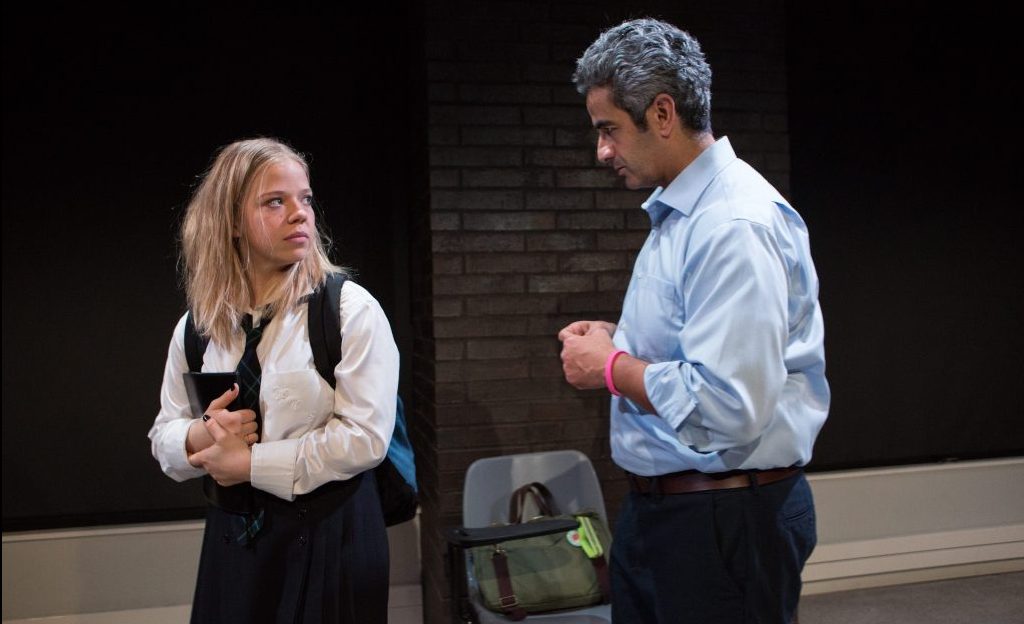







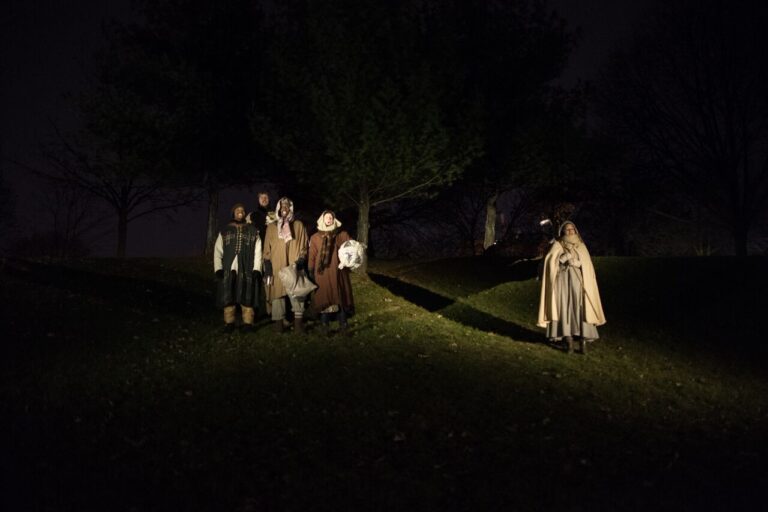

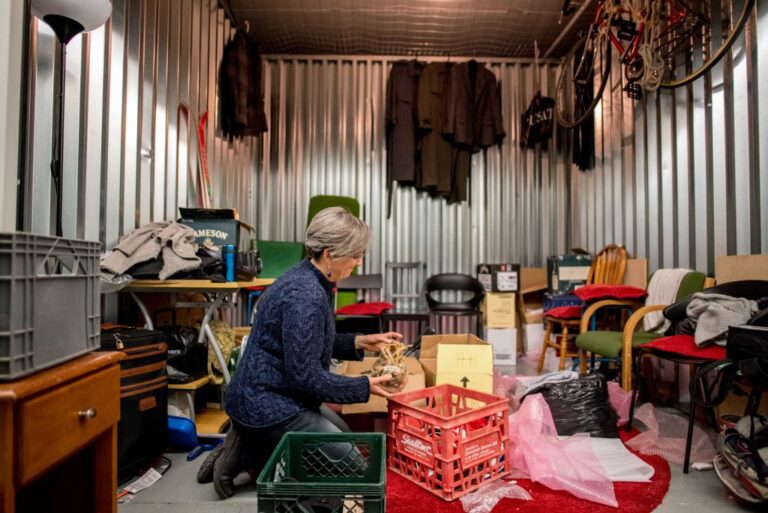
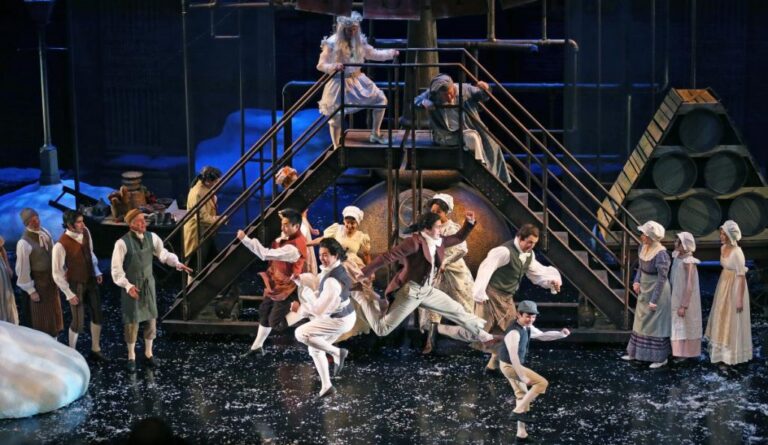
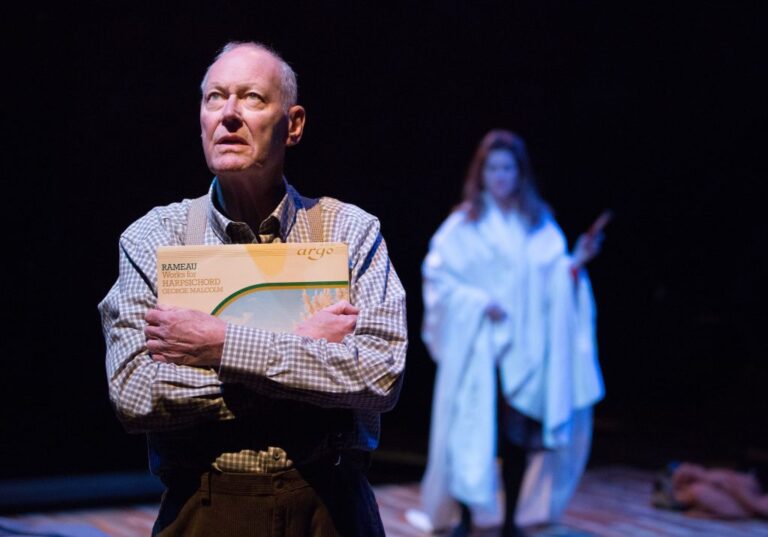
Comments